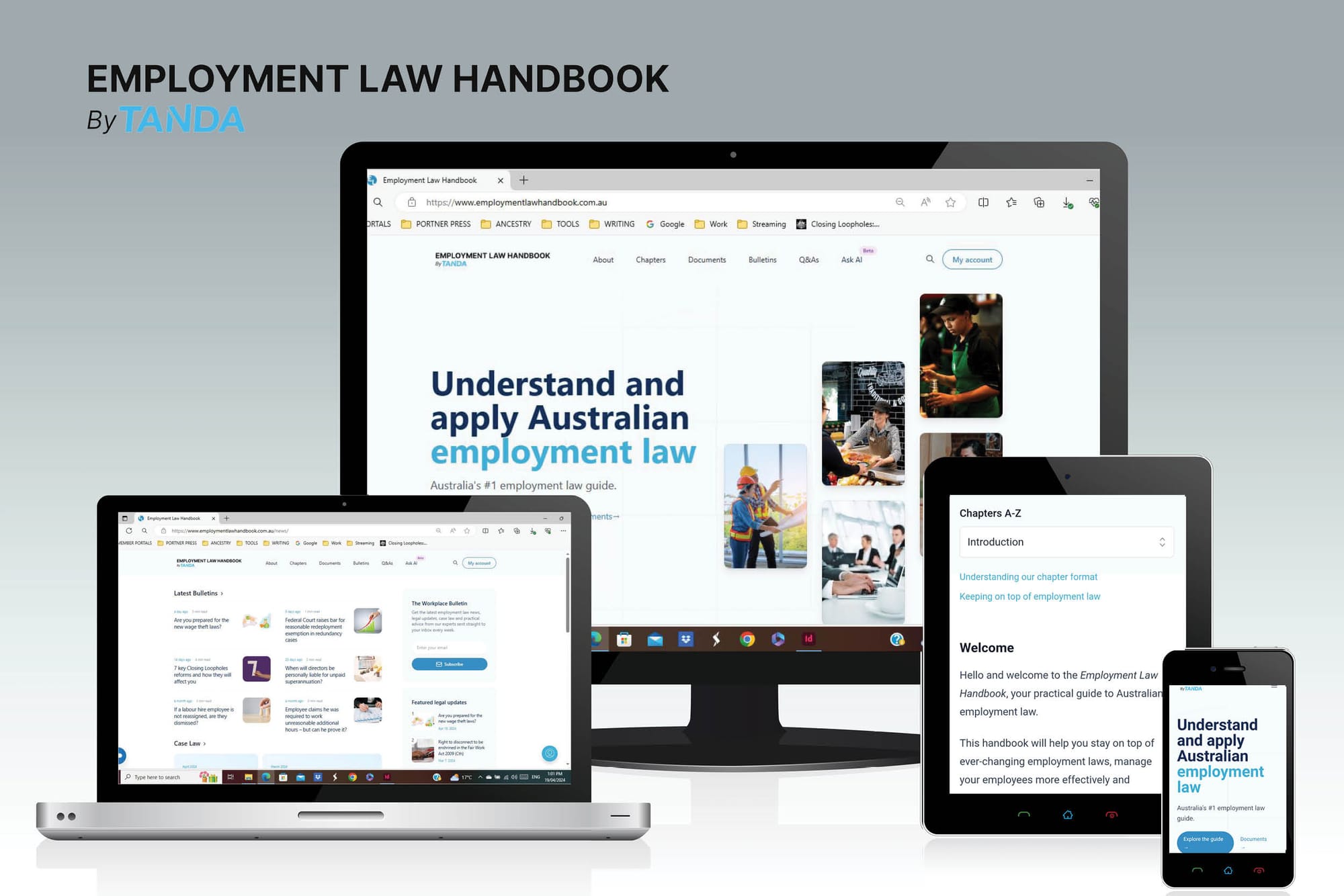Qantas Ground Services fined $250,000 for discriminating against a health and safety representative
In SafeWork NSW v Qantas Ground Services Pty Ltd (No. 4) (2024), the District Court of New South Wales for the first time penalised an employer for discriminating against a worker under the Work Health and Safety Act 2011 (NSW) (WHS Act).
The worker had been stood down after exercising his rights as a workplace health and safety representative (HSR). At the time, the employee, Mr Seremetidis, was a high lift truck driver and an elected HSR working for Qantas Ground Services Pty Ltd (QGS) at Sydney International Terminal.
While this decision marks the first successful prosecution under Australia’s model work health and safety laws, it is not the first case where an employer has been held liable for discriminating against an employee for having raised a safety issue. In an analogous case prosecuted under Victoria’s Occupational Health and Safety Act 2004 (Vic), an employer was fined $180,000 after standing down and issuing a formal warning to an employee who raised a safety concern.
Case background
The events giving rise to the decision against QGS took place in early 2020 amid heightened concerns about the global spread of COVID-19.
On 1 February 2020, the Australian Government imposed new travel restrictions and isolation measures for citizens returning from mainland China based on the increased risk posed by the coronavirus.
On 2 February 2020, Mr Seremetidis directed other QGS employees on three occasions to cease cleaning and servicing flights arriving from mainland China.
Later that day, QGS called Mr Seremetidis into a meeting during which a QGS senior executive read from a prepared script from her phone. QGS provided Mr Seremetidis with a direction to immediately leave the workplace and a letter directing him that he must not attend work before the conclusion of an investigation into his conduct.
Court decision
SafeWork NSW succeeded in its argument that QGS had discriminated against Mr Seremetidis in breach of section 104 of the WHS Act when it excluded him from the workplace because he had exercised his power as an HSR to direct employees to cease unsafe work.
Section 104 of the WHS Act prohibits a person from engaging in discriminatory conduct for a prohibited reason. Discriminatory conduct includes the act of altering a worker’s position to their detriment. A prohibited reason includes the fact that the worker has exercised a power or performed a function as an HSR. The HSR has the power, under section 85 of the WHS Act, to direct workers to cease work if they have a reasonable concern that carrying out the work would mean exposure to serious health or safety risks.
The parties did not dispute that by standing down Mr Seremetidis, QGS had altered his position in a way that was to his detriment.
In considering whether Mr Seremetidis’ direction was validly given as an HSR under section 85 of the WHS Act, making it capable of forming the prohibited reason under section 104, the Court held:
- Mr Seremetidis held a reasonable concern for safety and that concern could not be seen as “fanciful, illogical or irrational” in the context of the government restrictions imposed on 1 February 2020, which demonstrated the Federal Government’s view of the risk that COVID-19 posed to Australia;
- there was a serious risk to worker health and safety because the workers were tasked with servicing aircraft arriving from a country that was at the epicentre of the Government’s restrictions; and
- the risk arose from an immediate or imminent exposure to a hazard because the cleaning crew would be exposed to the virus immediately upon boarding the aircraft.
While the Court considered that Mr Seremetidis was under an obligation to first consult with QGS before giving the directions, the Court found that his failure did not invalidate the directions. This is particularly so because QGS had not raised concern about the lack of consultation at the time, and QGS itself had also failed to fulfil its obligations under the WHS Act to consult about a health and safety matter.
The Court accepted that QGS saw Mr Seremetidis’ directions to cease work as a threat to the conduct of the business and as a result, stood him down from his employment, breaching section 104 of the WHS Act.
The Court ordered QGS to pay a fine of $250,000 and compensation of $21,000 (which comprised of $6,000 economic loss and $15,000 non-economic loss).

Making employment law easy to understand.
The law is complex, and it’s always changing. The Employment Law Handbook helps business owners and practitioners make sense of the law, so they can operate with confidence.
From the experts behind the Health & Safety Handbook, the Bulletin brings you the latest work health and safety news, legal updates, case law and practical advice straight to your inbox every week.

